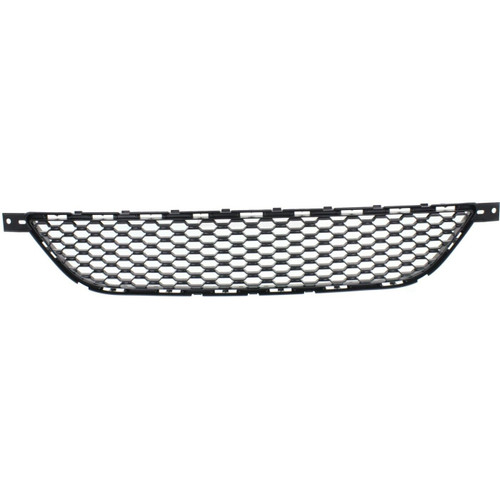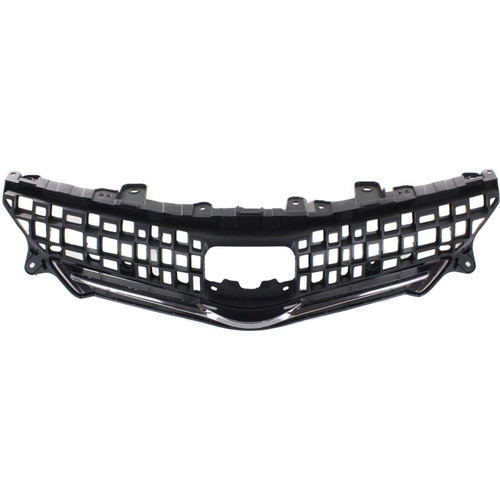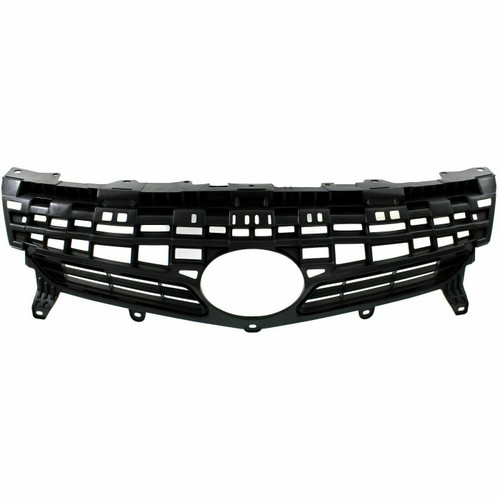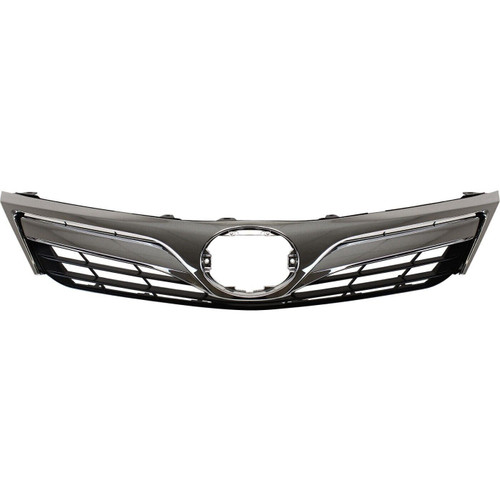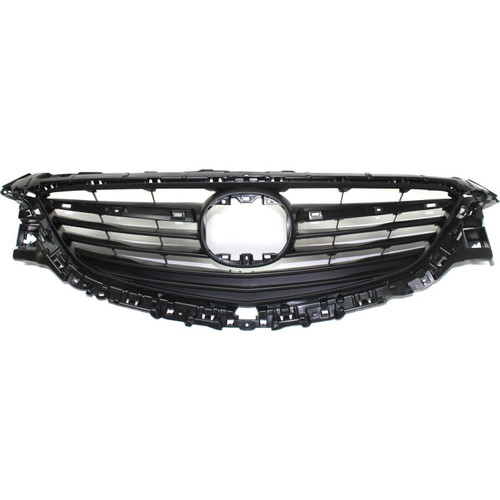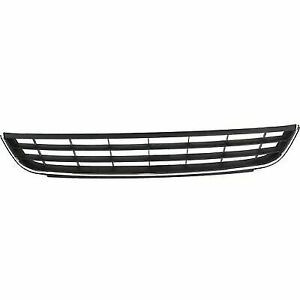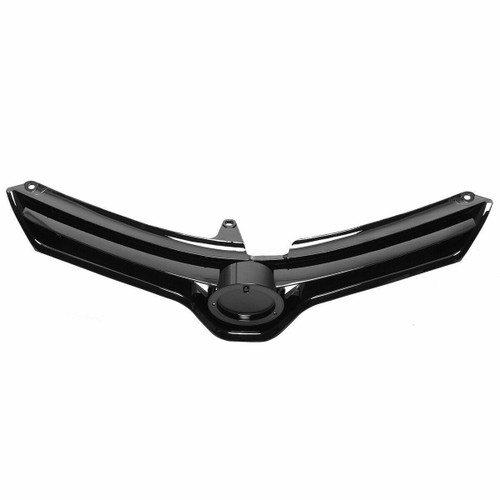-
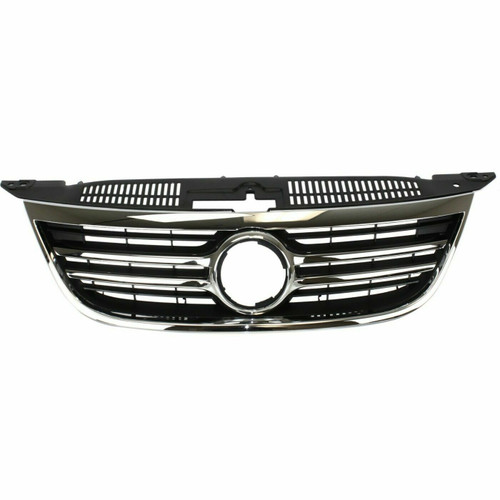
Grille Assembly For 2009-2011 Volkswagen Tiguan Chrome With Black Insert
MSRP: $224.00$146.03 -
Bumper Cover Grille For 2014-2016 Toyota Corolla
MSRP: $89.00$25.25 -
Black Textured Bumper Grille For 2013-2016 Dodge Dart
MSRP: $49.00$40.54 -
Front Grille For 2012-2014 Toyota Prius V
MSRP: $189.00$67.58 -
Grille For 2012-2015 Toyota Prius
MSRP: $109.00$52.76 -
Grille For 2012-2014 Toyota Camry LE/XLE
MSRP: $229.00$59.50 -
-
Black Grille For 2013-2015 Honda Accord Coupe
MSRP: $209.00$71.29 -
Bumper Cover Grille For 2011-2014 Volkswagen Jetta
MSRP: $149.00$26.82 -

-
Grille For 2014-2016 Toyota Corolla
MSRP: $79.00$28.50 -

Lower Grille For 2013-2015 Chevrolet Spark Without Fog Lamps
MSRP: $99.00$48.36
Frequently Asked Questions about Grilles
What are Car Grilles for?
Car grilles serve both functional and aesthetic purposes. Functionally, they allow air to flow into the engine bay, helping to cool essential components while preventing debris from entering and causing damage. Aesthetically, grilles contribute to a car's overall design, often reflecting the vehicle's brand identity and enhancing its appearance.
Is It Safe to Drive Without a Grille?
Driving without a grille is not recommended as it exposes critical components, such as the radiator, to damage from debris, rocks, or insects. Over time, this can lead to costly repairs or reduced performance due to impaired cooling. While it may be safe for short, temporary situations, it’s essential to replace or repair the grille promptly to protect your vehicle and maintain optimal performance.
How Much Does a Car Grille Replacement Cost?
Yes, installing a car radiator yourself is possible with basic mechanical knowledge and the right tools. The process involves draining the coolant, removing the old radiator, installing the new one, and refilling the coolant. Common tools include a wrench, a drain pan, and safety gloves. While the steps are straightforward for most vehicles, modern cars with complex systems or wiring may require professional assistance to avoid complications. If you're unsure, consulting a mechanic is recommended.


